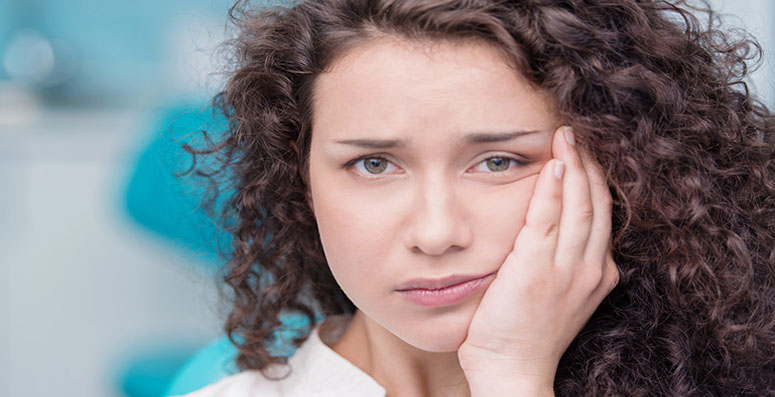Dental patients in North Palm Beach, Palm Beach Gardens, Juno Beach, Jupiter amd surrounding areas have described having a toothache as one of the worst pains in the world, and as anyone who has had the experience can testify, it certainly can feel like that. Tooth pain can be caused by a number of issues including cavities, tooth decay, and more. Depending on how serious of the dental condition, you may have a small toothache or a massive toothache. Regardless, it’s never fun to deal with tooth pain no matter what the intensity level. That’s why we’ve gathered some information on what causes toothaches so North Palm Beach, Juno Beach and Palm Beach Gardens patients can be prepared for taking care of their future dental health.

Tooth decay is one of the primary causes for toothaches and dental fillings. Tooth decay is caused by a variety of things including poor dental hygiene, plaque build-up, and more. Patients can suffer from tooth decay just from eating specific kind of foods. If you consistently eat foods that are high in sugars, the build-up of those foods can cause your teeth to decay slowly.
Since Tooth Decay is often the primary cause of a toothache, it’s important for you to have a complete oral examination to determine the cause.
The first sign of decay may be the pain you feel when you eat something sweet, very cold or very hot. If the pulp, or the inside of the tooth that has tissue and nerves, has become irritated, this can cause pain in your tooth.
Because the symptoms of a toothache may resemble other dental problems, it can be difficult to diagnose the cause without a complete evaluation by your dentist. If you notice pus near the source of the pain, your tooth may have become abscessed, causing the surrounding bone to become infected. Or the pus could indicate gum disease, which is usually characterized by inflammation of the soft tissue, bleeding gums and abnormal loss of bone surrounding the teeth.
Anyone with a toothache should see a dentist at once for diagnosis and treatment. If left untreated, a toothache and the condition that is causing it can worsen. However, if you are unable to get to the dentist immediately, the following self-care treatment can temporarily alleviate pain and inflammation from a toothache:
Your dentist will conduct a complete oral examination to determine the location and cause of the toothache, looking for signs of swelling, redness and obvious tooth damage. He or she will likely take x-rays to look for evidence of tooth decay between teeth, a cracked or impacted tooth or a disorder of the underlying bone.
Your dentist also may prescribe pain medication or antibiotics to speed the healing of your toothache. If by the time you see your dentist your tooth has become infected, then treatment could require removal of the tooth or a root canal procedure, which involves removing the damaged nerve tissue from the middle of a tooth.
The key to preventing toothaches is to establish a regular oral hygiene routine and stick to it. For example, failure to brush and floss regularly after meals can significantly increase your risk of developing cavities, which can cause toothaches.
Your health and comfort are our priority, Dr. Guerra and his staff are here for you. Let us help you maintain a cavity and pain-free smile! Call us to schedule an appointment at our North Palm Beach office: 561-844-6146
It’s never fun to deal with tooth pain no matter what the intensity level. Dr. Adrian Guerra knows how uncomfortable and irritating any tooth pain can be. For intense tooth pain, please call our office in North Palm Beach today at 561-844-6146. We’d like to talk to you and figure out a solution together.

